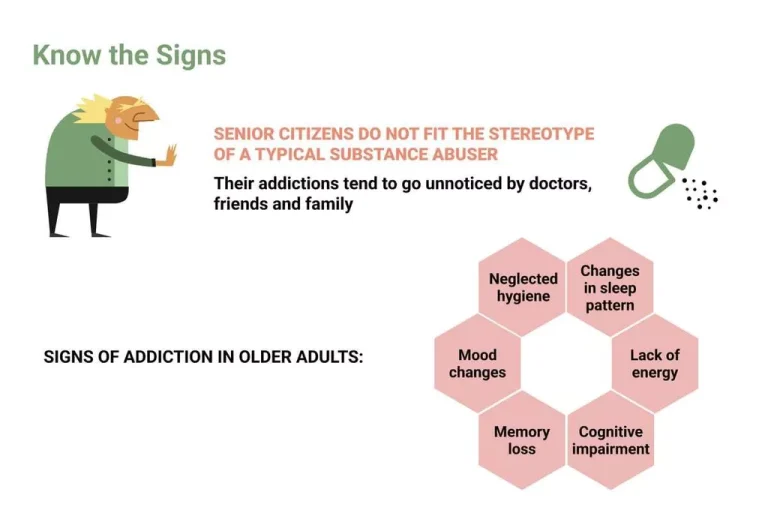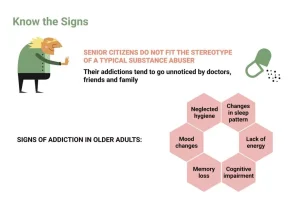8 Strategies to Handle Peer Pressure

For some families, eating dinner together is a part of their everyday routine and each person is expected to be there. Set clear limits regarding electronics or screen time and stick to them. Emphasize your family values and work to provide a safe and secure environment for your child. Have conversations with them that focus on how to choose friends, how to make healthy choices, and who is in their support system if they need someone to talk to.
- Allow me to offer the following five principles parents can adopt in their efforts to raise more resilient children.
- If someone persistently pressures you to do something, you can try telling them how it affects you.
- For example, research shows that adolescent boys are more susceptible to pressure for risk-taking behaviors than girls.
- For some families, eating dinner together is a part of their everyday routine and each person is expected to be there.
Over-scheduling children’s activities

Recognizing its signs is crucial for mitigating its impacts and fostering a healthier family environment. Here, we delve into the signs of parental peer pressure in more detail, highlighting its complex nature and the ways it can manifest. Finally, model how you say no clearly and definitively through your own body language and words.
- But our own definitions of happiness and success may not ring true for our children.
- In more severe cases, children might turn to substance abuse or develop eating disorders as a means of exerting control over some aspect of their lives.
- We have learned that educating teens about what not to do is not enough.
- By Michelle PugleMichelle Pugle writes health articles for award-winning websites, as seen in Healthline, Verywell, Everyday Health, Psych Central, and Health.com.
Tips
You can just sit back and listen to the wisdom pouring from your child. More importantly, if you relate to them in an honest and authentic way, they may feel seen and heard by you and less alone in the struggle to find themselves. If they pressure you to do shots with them at the bar when you aren’t drinking, for example, you might suggest that you both hit the dance floor instead. Or maybe, which of the following is a type of indirect peer pressure? you make a plan to go on a hike or to the movies the next time you hang out. That way, you’re fulfilling both of your needs in a mutually beneficial way.

Major Benefits of Summer School
Consistently negative parenting — particularly when parents guilt-tripped children — led to poor performance in school, one 2022 study suggested. Emphasize the importance of respecting their own boundaries and values. Let your child know that it’s okay to decline an invitation or a request if it makes them uncomfortable or goes against their beliefs. Additionally, help them come up with alternative ways to say “no” that feel authentic to them, so they can be assertive while still maintaining positive relationships.
Ways to Teach Children How to Deal with Peer Pressure
Friends and peers can have positive and negative influence on children. Parents can influence the odds that teens are surrounded by positive peer groups by encouraging participation in a variety of healthy activities. They gain the strength needed to say “No,” even if it may be unpopular with friends. Being pressured by peers can be a stressful experience, whether it happens in person or online.
You must also help them understand that there are times when it’s all right for them to say no. Taking illegal drugs, or driving with someone who has been drinking, are examples of times in which safety demands they say no. For example, if your teens feel uncomfortable going to parties where parents aren’t present, teach them how to politely decline a party invitation, saying no in a way that won’t cause hard feelings. If they are being pressured by friends to smoke cigarettes they might say, “No thanks. I feel sick from even just being around smoke.” Although we want our children to be polite, it is also vitally important, particularly for our girls, to know that a firm “No!

How Do Peers Affect You?
Our feelings are signals, and we would be wise to listen to them, but if we don’t sort them out prior to interacting with our children, they will feel the pull to take care of our feelings. This can lead to anxiety or depression, in the case of the compliant child, or acting-out, in the case of the rebellious child. All children can experience peer pressure across a vast spectrum of behaviors and beliefs, such as what to wear, how to act, and what behavior is acceptable. And that peer pressure can have both negative and positive impacts.
What starts out as positive peer pressure may become negative pressure if it leads a person to over-identify with sports, for example, putting exercise and competition above all else. Have you ever been pressured to have “one more drink,” or stay out later than you said you’d be home? If so, you’ve been a victim of peer pressure—chances are, most of us have. Peer pressure is the process by which members of the same social group influence other members to do things that they may be resistant to, or might not otherwise choose to do.
Discuss the possible consequences of such actions and why they may be tempting. Provide specific examples of typical situations so your child will recognize them and be more prepared with their response. At this time, children often face the possibility of social ostracism for wearing the wrong brand name, for not having “cool” gadgets, and for not being up for anything their peers dare them to do. Set aside a time where you present your teen with a variety of potential situations. For example, they get to the party and there are no parents present or they are offered a ride with someone that has been drinking.

Peer Pressure in Children
We prepare them for this when we are loving, supportive and have open communication in our homes. But adolescence is when our teens expand their relationships beyond our homes. And this is a critical developmental step towards becoming an independent adult.
